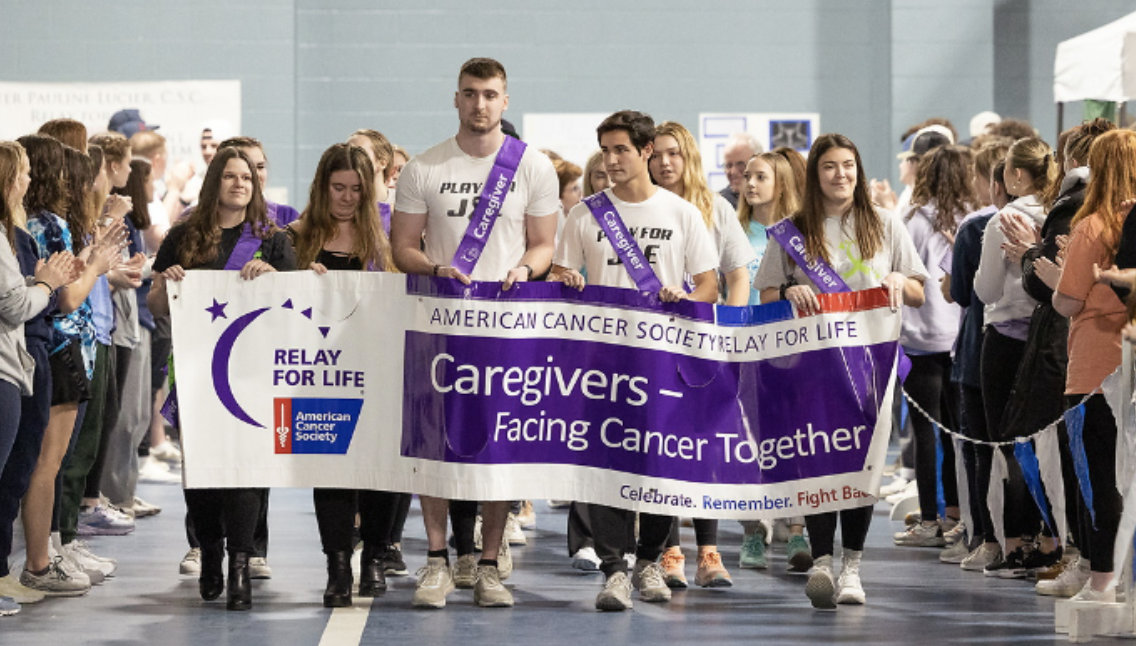After about five years of planning and significant collaboration, the college is prepared to announce the formation of a Bias Reporting Team which will likely be implemented before the end of the fall semester. The team is a collaboration between Student Affairs, the Office for Diversity and Inclusion, Human Resources, and Academic Affairs.
According to a description obtained by the Crier in collaboration with administration, the Bias Reporting Team seeks to: “support those who are targeted by hate or bias, assist in ensuring that appropriate policies, procedures, and protocols are applied, refer affected community members to resources, educate the campus community about the impact of hate and bias, aid in the resolution of any disputes, remain transparent and share data annually, and promote initiatives and new ideas that foster a welcoming, bias and hate free climate.”
By the term ‘bias,’ the BRT refers to threatening, hostile, or discriminatory behavior
which targets a particular individual or group. The term ‘hate’ refers to a criminal offense committed by an offender’s bias against an identity.
Through the BRT, all members of the Saint Anselm community will have the opportunity to report incidents anonymously and receive support. This system will not replace any existing processes for reporting such as through HR, Title IX, Campo, or Student Conduct. Further, the BRT highlighted that they are not a disciplinary body, crisis response team, or a form of ‘speech police.’ Rather, the group, “was designed to support members of the Saint Anselm community whose ability to feel safe, at home, and welcome in the community is threatened by the behavior of those around them.”
The 30-person team is divided up into three divisions. The first division will be a report review group, made up of senior staff members from HR, Academic and Student Affairs, the Director of Campus Safety, and the Chief Diversity Office which reviews potential bias incident and hate crime reports. The second division will be a response group, made up of two faculty representatives and staff members, aimed at restorative justice for the victims and the offender. The final division is the community education and renewal group. This last group will be composed of student representatives, faculty, and staff members to work on education opportunities for the campus community.
The formation of a Bias Reporting Team is not uncommon for most college campuses. According to Dr. Alisha Finn, Dean of Students, the goal of the team, “is to help everyone. We hope that through this effort, we can reaffirm and deepen our commitment to inclusion, equity, and respect.”
Members of the teams and leaders from the collaborating departments have also stressed the importance of the BRT. Antony Abi Awad, a member of two teams, emphasized the educational component of the BRT. “Sometimes, we are not aware that something we say or do will affect people. It is important to focus on how our actions will affect or add stressors for others in different cultures, religions, gender identities, racial/ethnic groups, disabilities, and more. I believe that if we want to be a more inclusive campus, we want to hold people accountable.”
Siri Dabbi, another member of the teams, focused on the support the teams will provide. “Having a dedicated team with separate but complementary roles will encourage a more multifaceted approach to how the college responds to bias related incidents. Because of this, the BRT system will be important in supporting the college’s inclusion initiatives. I hope that the team helps Anselmians feel like they are being heard and supported”
Ande Diaz, Chief Diversity Officer for the college, expressed her optimism for the group. “Because of our Catholic mission and Benedictine values, it is incumbent on our community to be part of creating a campus-wide culture of belonging… Saint A’s has been responding to isolated incidents of potential bias for decades. What is exciting about the improved process that Dr. Finn has envisioned is that it centralizes the reporting, responding, and healing processes.”
Dean Finn felt similarly. “Ever since I’ve been here, I have found that respect is at the core of a good community. Respect is also a core value of our Benedictine heritage. Bias incidents, unconscious and otherwise, are painful experiences, and as they pile up, it erodes at that respectful core. It is up to each of us to act and choose to uphold respect as core and central to who we are.”


